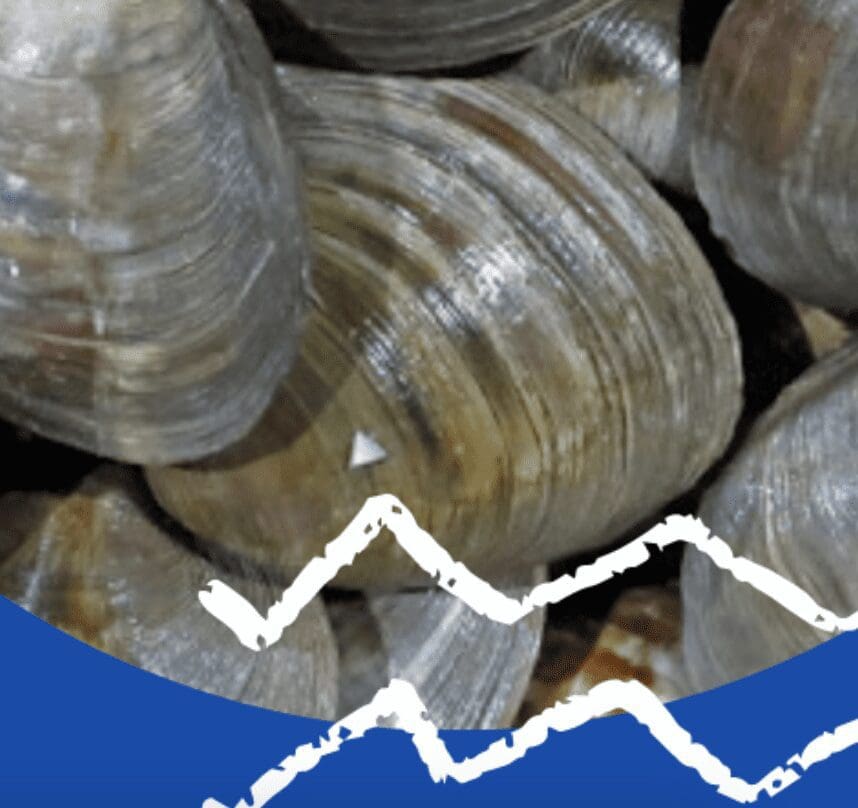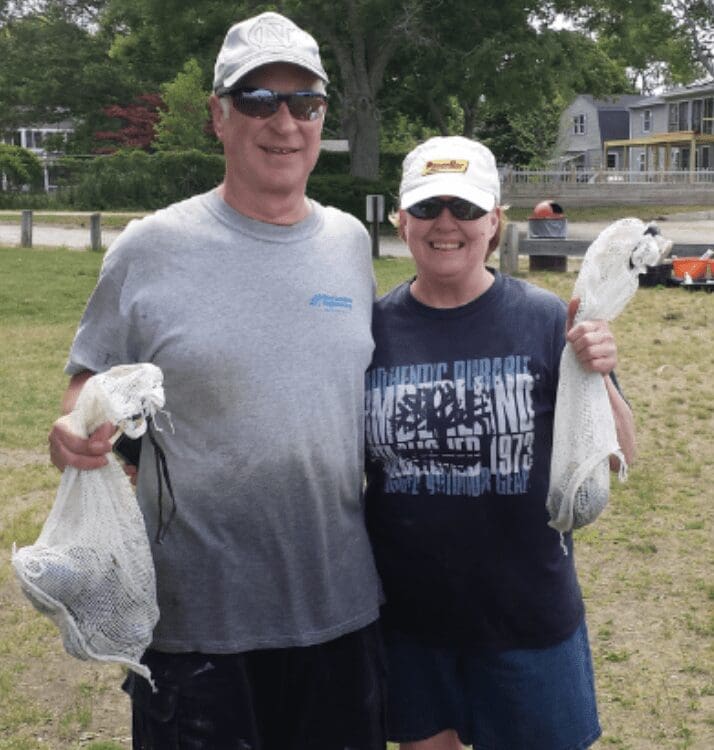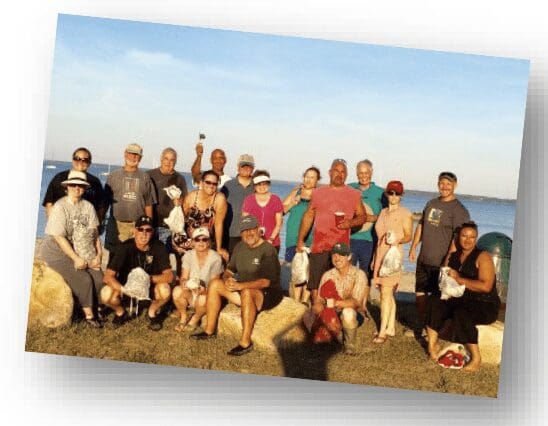Search Posts
Recent Posts
- GriefSpeak: Waiting for Dad – Mari Nardolillo Dias June 13, 2025
- Rhode Island Weather for June 13, 2025 – Jack Donnelly June 13, 2025
- Urgent call by Rhode Island Blood Center for Type O- and B- blood June 13, 2025
- Real Estate in RI: Ready, Set, Own. Pathway to Homeownership workshop June 13, 2025
- Outdoors in RI – Risky cattails, Fight the Bite mosquito report, 2A gun ban bill update June 13, 2025
Categories
Subscribe!
Thanks for subscribing! Please check your email for further instructions.

Outdoors in RI: Come Clam with me…
The RI DEM Division of Fish and Wildlife ‘s Aquatic Resource Education program invites you to “Come Clam with Me!” Learn how to dig for clams, the equipment you need, and the management strategies that have kept Rhode Island in the quahogging industry for so long.
Jody King, long time quahogger, will be instructing people of all ages about the ins and outs of recreational clamming. Fee: $5/ person for registrants 8 years of age and older. Space is limited. Pre-registration required.
Two events have been held this year – the last scheduled event will be held on Saturday, September 10 (12pm-3pm) – North Kingstown
For more info: Call 401-539-0019 or email kimberly.sullivan@dem.ri.gov
Here is the pre-registration form:

SHELLFISH HARVESTERS’ TIPS FOR SAFETY AND QUALITY
Rhode Island shellfish are quality products. Your cooperation with required and recommended practices helps protect the product and the industry.
WHAT IS THE ISSUE?
Disease-causing bacteria and viruses can be found in raw shellfish. Contamination can occur at any point in the food distribution system, including the point of harvest. Since shellfish filter water for food, any bacteria or viruses in the water will be concentrated in the animal and can make it unsafe to eat. Remember, shellfish is considered ready- to-eat: Consumers may not cook it first — a step that wouldkill bacteria.
WHAT DOES THIS MEAN TO ME?
Shellfish harvested from polluted waters and areas of sewage discharge have higher levels of disease causing organisms. As harvesters, you already know which areas are closed to shellfishing. These waters are tested for certain bacteria and are only closed to protect human health.
WHAT MUST I DO?
Follow the regulations:
• Don’t harvest from polluted waters. All harvesting is prohibited in closed areas.
• Don’t discharge sewage into the water. Discharge from ANY vessel, commercial or recreational, into Rhode Island waters is prohibited.
These steps are necessary to protect public health, water quality, and the marine environment.
WHAT ELSE CAN I DO TO PROTECT THE PRODUCT AND IMPROVE QUALITY?
Practice good handling techniques:
• Store out of the sun, covered if possible
• Bring to the dealer as soon as possible for refrigeration.
• Protect shellfish from contamination.
Store away from bilge water, fuel oil, and other chemicals


Looking forward to learning.